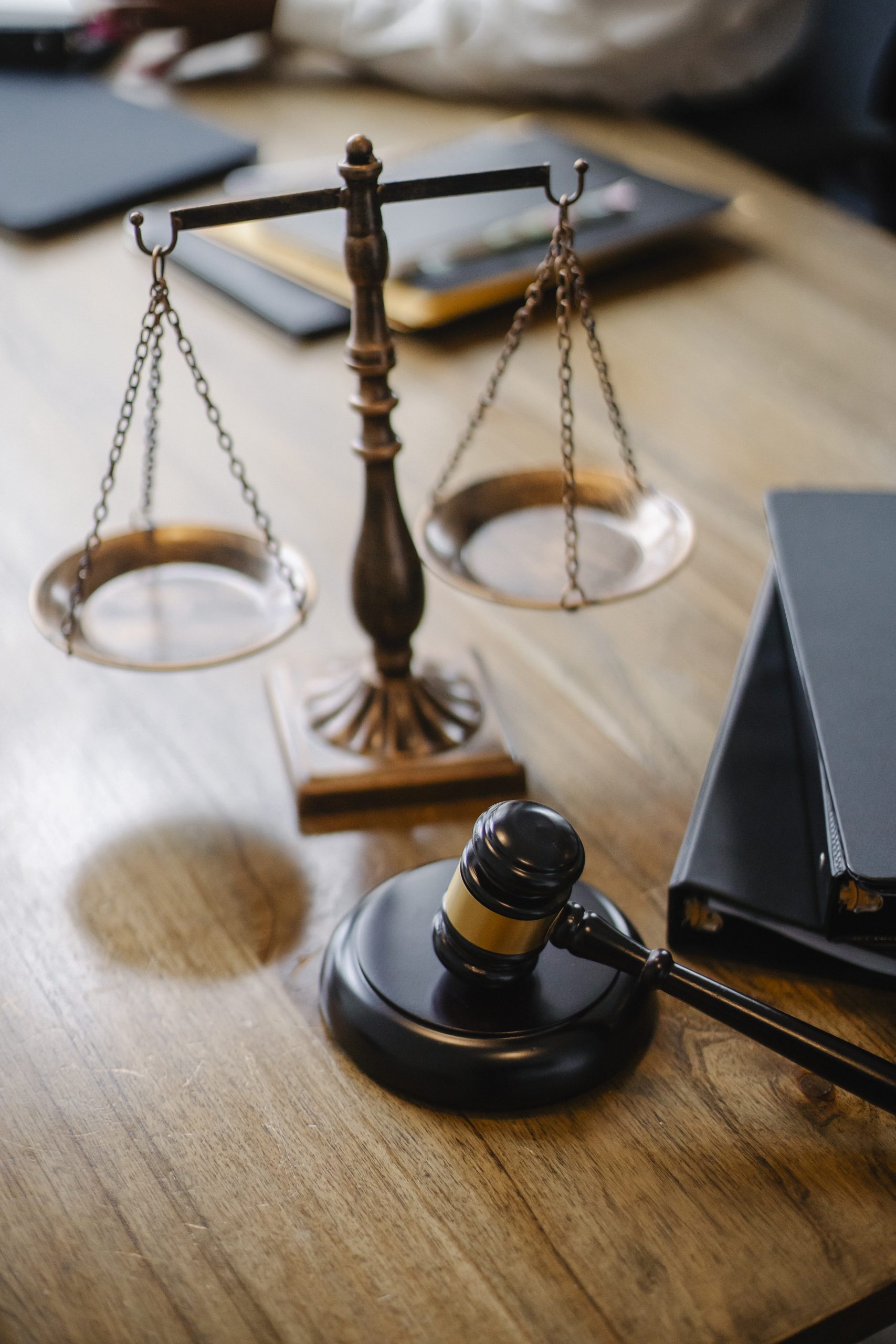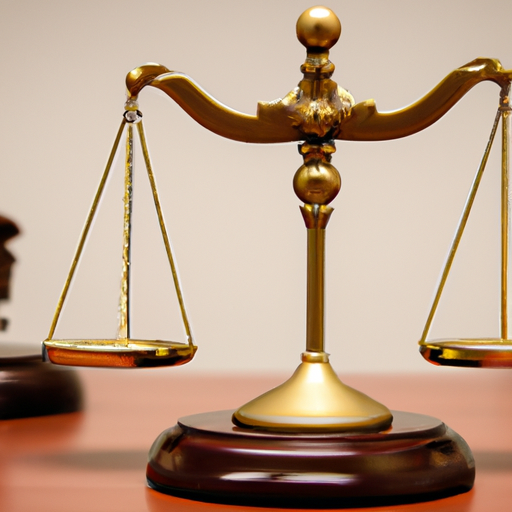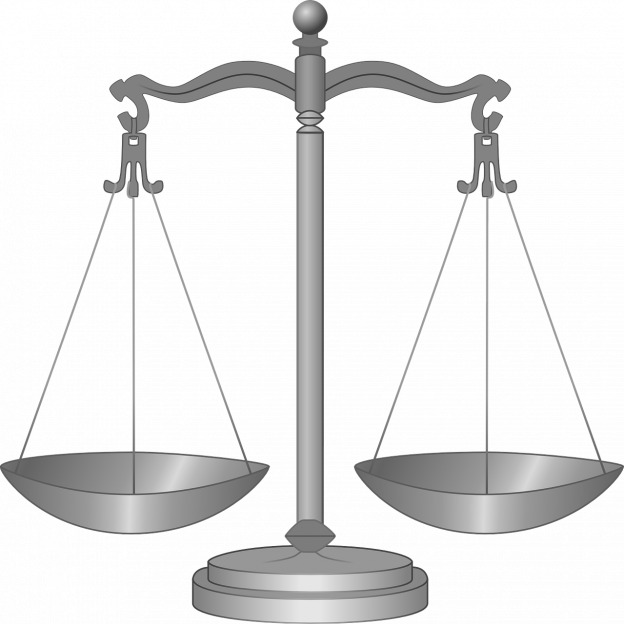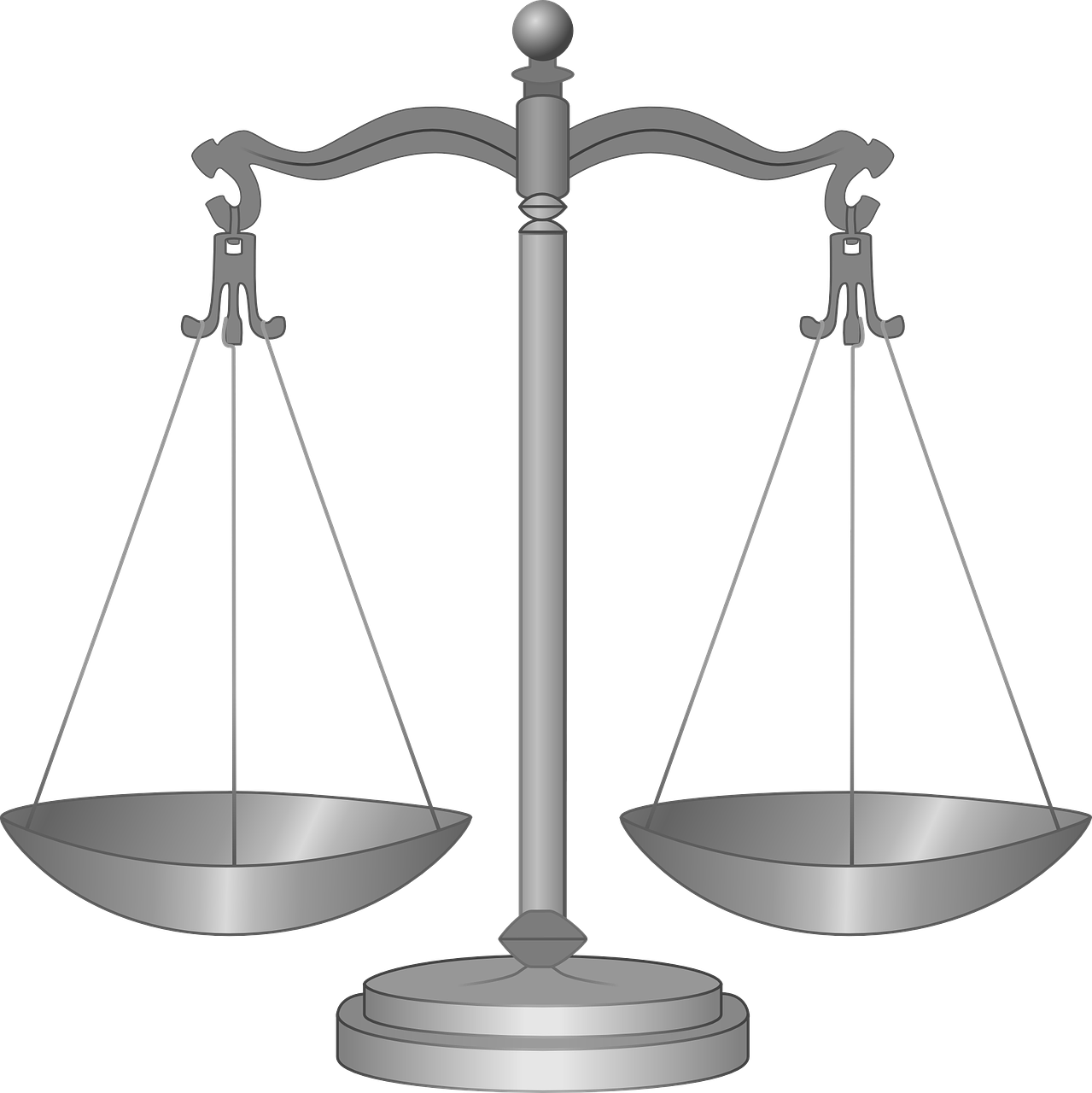In the realm of legal proceedings, it is crucial to understand the concept of mitigating circumstances. These are factors that can potentially reduce the severity of a legal penalty or sentence. By delving into this area of law, you can gain insight into the nuances that can impact the outcome of a case. This article seeks to explore mitigating circumstances, shedding light on their significance and providing guidance for those who may be seeking legal advice. Discover how these circumstances can potentially affect your case and why it is imperative to consult with a skilled lawyer who specializes in this area of law.
Understanding Mitigating Circumstances
Mitigating circumstances refer to factors that can be used to reduce the severity of a punishment or sentence in criminal or business law cases. These circumstances are considered when determining an appropriate course of action for individuals or businesses who have committed an offense. By understanding and presenting mitigating circumstances effectively, individuals and businesses can potentially receive a more lenient outcome in legal proceedings.
Definition
Mitigating circumstances are specific factors or events that can be presented to a court or law enforcement agency as a means of reducing the penalties or punishment associated with a criminal or business law offense. These circumstances aim to provide a more complete picture of the situation, taking into account any relevant factors that may have influenced the individual or business’s actions. It is important to note that mitigating circumstances do not absolve the individual or business of their responsibility, but rather offer an alternative viewpoint that can inform the decision-making process.
Importance
Understanding mitigating circumstances is crucial for individuals and businesses facing criminal charges or allegations of wrongdoing. By identifying and presenting these circumstances, individuals and businesses have the opportunity to seek a more favorable outcome in legal proceedings. Mitigating circumstances not only provide a means to potentially reduce the severity of punishment, but they also allow for a more comprehensive understanding of the underlying factors that contributed to the offense. This understanding can serve as a basis for rehabilitation, growth, and improvement moving forward.
Examples of Mitigating Circumstances
Voluntary Disclosure
Voluntarily disclosing relevant information to law enforcement or regulatory agencies demonstrates a willingness to be transparent and take responsibility for one’s actions. When individuals or businesses proactively provide information about their wrongdoing, it can be considered a mitigating circumstance. Voluntary disclosure shows cooperation and can increase the likelihood of receiving a more lenient sentence or penalty.
Lack of Intent
In some cases, individuals or businesses may have unintentionally committed an offense due to a lack of knowledge or awareness. For example, a business owner who unknowingly violated a specific regulation may present lack of intent as a mitigating factor. By demonstrating that the offense was not deliberate, individuals and businesses can potentially receive a reduced sentence or penalty.
Cooperation with Law Enforcement
Cooperating fully with law enforcement, including providing information, assisting with investigations, and being forthcoming about relevant details, can be considered a mitigating circumstance. Cooperation demonstrates a willingness to assist in resolving the matter and can lead to a more favorable outcome in legal proceedings.
Minimal Participation
When individuals or businesses have played a minimal role in the offense, they can present this as a mitigating circumstance. By showing limited involvement, individuals and businesses indicate that they were not the primary instigators or orchestrators of the offense. This fact can be used to argue for a reduction in the severity of punishment.
Remorse and Rehabilitation
Expressing genuine remorse for one’s actions and demonstrating a commitment to rehabilitation is a powerful mitigating circumstance. By acknowledging the harm caused, taking steps to rectify the situation, and seeking personal growth, individuals and businesses can present themselves as deserving of a second chance. Remorse and rehabilitation can significantly influence the court’s decision on sentencing.

Mitigating Circumstances in Business Law
Application to Business Crimes
Mitigating circumstances play a crucial role in business law, particularly in cases involving white-collar crimes or regulatory offenses. Business crimes can range from fraud and embezzlement to bribery and insider trading. By identifying and presenting relevant mitigating circumstances, businesses can seek to minimize the impact of these offenses on their reputation and operations.
Effect on Sentencing
The presentation of mitigating circumstances can have a significant effect on the sentencing of businesses. By providing a comprehensive picture of the situation, including factors such as voluntary disclosure, lack of intent, and cooperation with law enforcement, businesses can potentially receive a more lenient sentence. This can include reduced fines, probationary periods, or alternative penalties that do not hinder the business’s operations.
Building a Defense Strategy
Mitigating circumstances are integral to building a strong defense strategy in business law cases. Attorneys can work with businesses to identify and present the most relevant mitigating circumstances to demonstrate that the offense was an isolated incident or that the business has taken appropriate steps to rectify the situation. By strategically employing mitigating circumstances, businesses can improve their chances of obtaining a favorable outcome.
Mitigating Circumstances in Criminal Law
Application to Criminal Charges
Mitigating circumstances are also applicable in criminal law cases involving individuals. From assault and theft to drug offenses and DUI charges, individuals facing criminal charges can benefit from presenting relevant mitigating circumstances. These circumstances can provide a fuller understanding of the individual’s actions or mindset at the time of the offense.
Presentation in Court
When presenting mitigating circumstances in criminal law cases, it is essential to work closely with an experienced defense attorney. The defense attorney will help identify the most impactful mitigating circumstances and present them effectively to the court. This may involve gathering evidence, interviewing witnesses, and crafting a compelling narrative that highlights the individual’s unique circumstances.
Reducing Penalties
Mitigating circumstances can significantly impact the penalties imposed on individuals in criminal law cases. By presenting circumstances such as lack of intent, minimal participation, or expressions of remorse and rehabilitation, individuals can seek to mitigate the severity of the punishment. This can result in reduced jail time, probation, or alternative sentencing options that prioritize rehabilitation over punitive measures.
Determining and Presenting Mitigating Circumstances
Collecting Evidence
Determining the most effective mitigating circumstances requires a thorough examination of the individual or business’s situation. This process involves collecting evidence, conducting interviews, and analyzing relevant documentation to identify the circumstances that will have the greatest impact on legal proceedings. Skilled attorneys can guide individuals and businesses through this process, ensuring that all necessary evidence is gathered to support the presentation of mitigating circumstances.
Working with Legal Counsel
Seeking the guidance of legal counsel is crucial when determining and presenting mitigating circumstances. Experienced defense attorneys have a deep understanding of the legal landscape and can provide invaluable insights into which circumstances will resonate most with the courts. They can also help individuals and businesses navigate the complex legal processes associated with presenting mitigating circumstances.
Presenting Mitigation to the Court
Presenting mitigating circumstances effectively to the court requires a comprehensive understanding of the legal system and the ability to craft a persuasive argument. Skilled defense attorneys can effectively communicate the mitigating circumstances on behalf of individuals and businesses, highlighting the factors that warrant a more lenient sentence or penalty. Their expertise in courtroom communication can significantly influence the court’s decision-making process.
Factors Influencing Mitigation
Prior Criminal Record
The existence or absence of a prior criminal record can greatly influence the consideration of mitigating circumstances. Individuals with a clean record may be viewed more favorably by the court, as their offense may be considered an isolated incident or a lapse in judgment. However, individuals with a history of criminal conduct may have a more challenging time persuading the court to consider mitigating circumstances.
Harm Caused
The extent of harm caused by the offense is another critical factor in determining the weight of mitigating circumstances. If the offense resulted in minimal harm or loss, the court may be more inclined to consider mitigating circumstances to reduce the severity of the punishment. Conversely, offenses that caused significant harm or endangered the lives or well-being of others may receive less leniency.
Level of Cooperation
The level of cooperation exhibited by individuals or businesses is a crucial factor in determining the impact of mitigating circumstances. Full cooperation with law enforcement, willingness to testify, and providing valuable information can demonstrate a sincere desire to rectify the situation and prevent future offenses. This cooperation can significantly influence the court’s decision in favor of mitigating circumstances.
Age and Mental State
The age and mental state of the individual or business at the time of the offense can be relevant mitigating factors. Minors or individuals with mental health issues may have their offenses considered within the context of their unique circumstances. The court may view their actions with more leniency, considering factors such as immaturity, lack of judgment, or diminished capacity.

The Role of the Defense Attorney
Advocating for Mitigation
A defense attorney plays a crucial role in advocating for the consideration of mitigating circumstances. They possess the expertise necessary to identify and present the most compelling mitigating factors to the court. Defense attorneys craft persuasive arguments and advocate fiercely on behalf of their clients to ensure that mitigating circumstances are given due consideration in legal proceedings.
Negotiating with Prosecution
Defense attorneys also engage in negotiations with the prosecution to highlight the presence of mitigating circumstances and seek a more favorable resolution. These negotiations may involve plea bargains that take into account the reality of the situation and the mitigating factors presented. Skilled defense attorneys leverage their negotiation skills to secure the best possible outcome for their clients.
Preparing Sentencing Memorandum
To effectively present mitigating circumstances, defense attorneys prepare sentencing memos for the court. These memos outline the relevant mitigating factors and provide a persuasive argument for why they should influence the final decision. Sentencing memos are comprehensive documents that address the client’s unique circumstances, showcase their remorse or rehabilitation efforts, and make a compelling case for leniency.
Understanding Sentencing and Mitigation
Types of Sentences
Sentencing in criminal and business law cases can take various forms, depending on the nature and severity of the offense. Common types of sentences include fines, probation, community service, restitution, and imprisonment. The presentation of mitigating circumstances can influence the type and duration of the sentence imposed by the court.
Impact of Mitigation on Sentencing
Mitigating circumstances play a significant role in determining the impact of sentencing on individuals and businesses. By presenting compelling mitigating factors, individuals and businesses can seek to reduce the severity of their punishment or sentence. A well-crafted presentation of mitigation can lead to reduced fines, shorter probationary periods, or alternate sentencing options that prioritize rehabilitation.
Sentencing Guidelines
Sentencing guidelines provide a framework for judges to determine an appropriate sentence in criminal and business law cases. These guidelines take various factors into account, including the severity of the offense and the presence of aggravating or mitigating circumstances. By presenting mitigating circumstances effectively, individuals and businesses can influence the outcome within the boundaries of the sentencing guidelines.

Frequently Asked Questions
What are mitigating circumstances?
Mitigating circumstances are specific factors or events that can reduce the severity of a punishment or sentence in criminal or business law cases. These circumstances provide a broader understanding of the situation and can help individuals or businesses seek a more lenient outcome in legal proceedings.
How do mitigating circumstances affect sentencing?
Mitigating circumstances can influence sentencing by providing a comprehensive picture of the situation and highlighting factors that warrant a more lenient approach. By presenting compelling mitigating factors, individuals and businesses may receive reduced penalties, shorter probationary periods, or alternative sentencing options.
Can mitigating circumstances lead to a complete acquittal?
While mitigating circumstances can potentially reduce the severity of punishment, they typically do not lead to a complete acquittal. Mitigating circumstances aim to provide a more complete understanding of the offense but do not absolve individuals or businesses of their responsibility. However, they can still have a significant impact on the outcome of legal proceedings.
Conclusion and Call-to-Action
Mitigating circumstances are essential considerations in criminal and business law cases. By understanding and presenting these circumstances effectively, individuals and businesses can seek more favorable outcomes in legal proceedings. Whether facing criminal charges or allegations of wrongdoing, it is crucial to work with an experienced defense attorney who can identify and present the most impactful mitigating factors. If you or your business are in need of skilled and dedicated legal representation, contact our business defense attorneys today to schedule a consultation. Take the first step towards securing the best possible outcome for your case. Call now for personalized legal advice and guidance.
















































